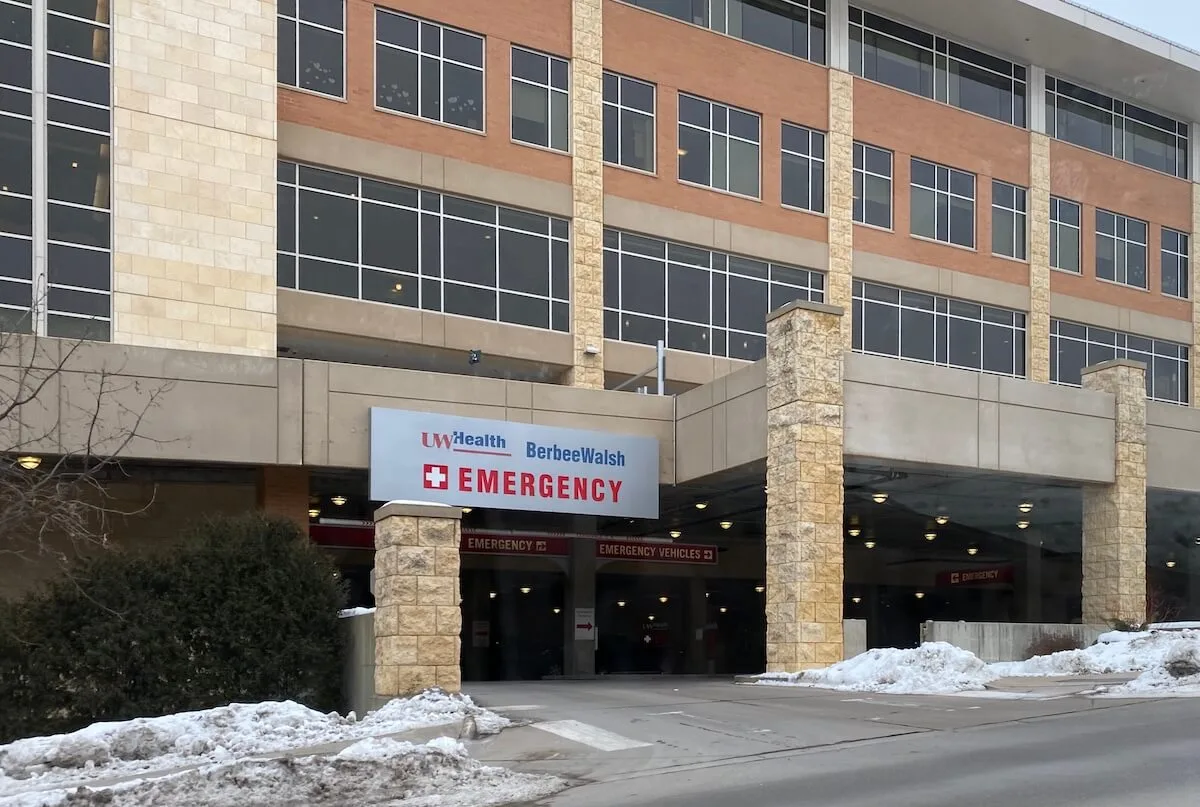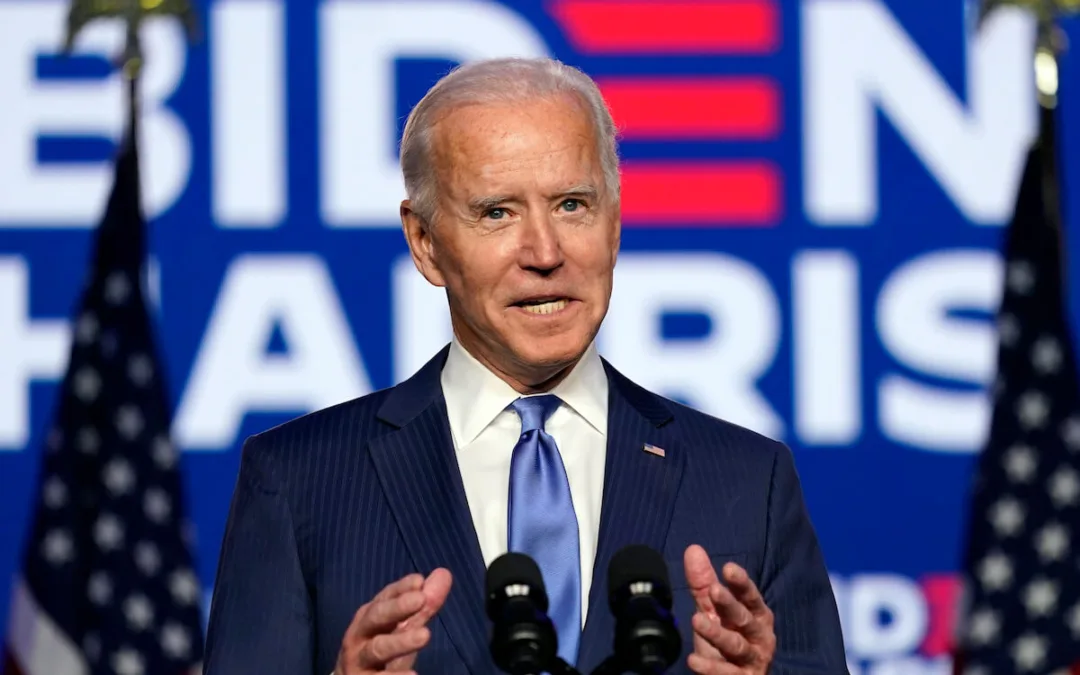
#image_title
#image_title
Public at Forum Urged to Pack Next Hospital Board Meeting
Nurses with UW Hospitals and Clinics seeking to have their union status recognized took their fight to the people Wednesday night at a town hall-style meeting attended by about 175 people, most of whom raised their hands when asked if they knew someone who had been cared for by a UW nurse.
“We are here tonight because we care, and we are looking for your support,” said Ani Weaver, a registered nurse with 15 years experience who works at UW’s University Station Clinic.
Weaver was joined by Kate Walton, an emergency department nurse, Courtney Maurer, a cardiac intensive care unit nurse and Mike Lauer, executive director of SEIU Healthcare Wisconsin, to gain public support for their efforts to again unionize after that right was taken away under in Act 10.
Specifically, supporters were asked to sign a petition and attend the next meeting of the UW Hospital and Clinics Authority Board. The meeting will be held Thursday, Feb. 27, at 1:30 p.m.
“We want so many people to sign up to attend that they have to move the meeting location,” said Lauer to a round of cheers from the audience.
Nurses leading the campaign to unionize first approached the UW Hospital and Clinics Authority Board with a three-part list of requests at its Dec. 19 board meeting and again at its January meeting last Thursday.
First, the nurses are requesting their union be voluntarily recognized by the UWHCA board. Second, the nurses are requesting the ability to participate in a process known as meet and confer, which is a more voluntary style of negotiating that falls short of collective bargaining.
Lastly, the nurses are requesting the board restore just cause standards and Weingarten rights. Weingarten rights guarantee an employee the right to representation during an investigatory interview. These rights were established by the U.S. Supreme Court in 1975.
Walton said the nurses are not requesting the right to collectively bargain. That right was eliminated by Act 10, a bill that was passed in 2011 when Republicans controlled the governor’s office and the Legislature.
While Act 10 cut union rights for most Wisconsin public employees, it ended collective bargaining entirely for workers at UW Hospitals and Clinics.
The nurses organizing the union campaign said they understand their collective bargaining rights have been eliminated by state law. That is why they are taking a different approach.
Although they are affiliated with the Service Employees International Union’s HealthCare Wisconsin division, the nurses are not demanding the right to bargain for a binding contract.
So far, the board is not recognizing the distinction.
A statement following the Jan. 23 board meeting said the board and leadership “firmly believe that our providers and staff are the lifeblood of our organization – and that our nurses are the cornerstone of patient care at UW Health.”
The statement added that as a result of the Act 10 legislation, UWHCA “cannot recognize SEIU as the representative for all UWHCA nurses or meet and confer to reach an agreement with it regarding the terms of UWHCA nurses’ employment.”
Walton is among a group of nurses that has so far met with 6 of the 15 board members (one recently resigned from the board). Two more board members have committed to a meeting, they said.
When they meet, Walton said the nurses detail the differences between collective bargaining and meet and confer.
“Collective bargaining is governed by law. And when a group of workers has a certified union and it’s certified by the labor board, the company is then bound to collectively bargain. They don’t have a choice,” Lauer said. “What we are asking for in this case is voluntary recognition. And voluntary meet and confer. They can negotiate for anything they want with the nurses voluntarily. They can voluntarily bargain for wage increases. They just can’t be under the legal bounds of collective bargaining.”
Walton said immediate topics of concern are staffing ratios, reinstating just cause, or the need for employers to have a just and fair reason for disciplining employees, and reinstating Weingarten Rights.
Walton said by using the meet and confer method, agreed upon issues between the nurses and the hospital would then be codified into practice.
During meetings with board members, Walton said they are also asked about shared governance, a model hospitals use to give nurses an opportunity to have a greater say in patient care by volunteering to serve on various councils. These councils existed at UW Hospital prior to the elimination of collective bargaining rights.
Maurer has been employed with UW Hospital for seven years, working the past five in the cardiac intensive care unit. She is the current chair of the nurse practices council.
Maurer said that while administrators point to shared governance councils as the means for nurses to have their voices heard and address patient safety concerns, that is not happening.
Maurer said a member of the hospital administration has never attended a nursing council meeting that she is aware of until Tuesday when Dr. Alan Kaplan, the hospital’s chief executive officer, joined her meeting. UW Hospital confirmed Kaplan attended the meeting.
“What I found is that our voices go nowhere. We come up with ideas but we reach ears that are not listening,” Maurer said. “We can’t be quiet anymore. That’s why we are here tonight.”
The nurses’ union will be announcing more ways for the community to show their support soon.
Politics

Biden administration bans noncompete clauses for workers
The Federal Trade Commission (FTC) voted on Tuesday to ban noncompete agreements—those pesky clauses that employers often force their workers to...

Opinion: Trump, GOP fail January 6 truth test
In this op-ed, Milwaukee resident Terry Hansen reflects on the events that took place on January 6, the response from Trump and other GOP members,...
Local News

Readers Poll: Top Bowling Alleys in Wisconsin
Looking for the best bowling in Wisconsin? Look no further! Our readers have spoken in our recent poll, and we have the inside scoop on the top...

8 Wisconsin restaurants Top Chef judges are raving about
Top Chef’s 21st season is all about Wisconsin, and on-screen, it’s already apparent that the judges feel right at home here. But, while filming in...




